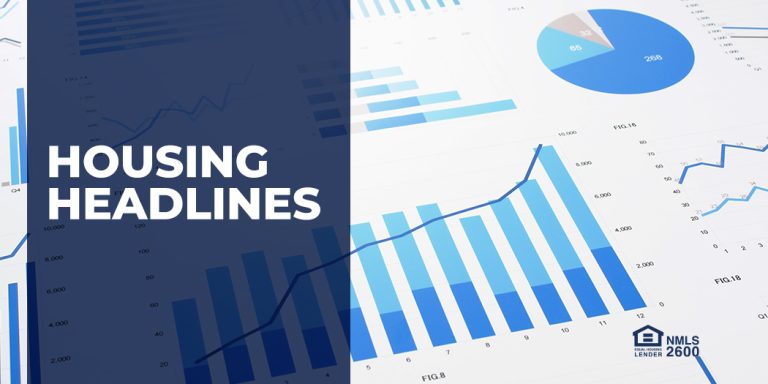Carrington Non-QM Programs
PRIME ADVANTAGESM
INVESTOR ADVANTAGESM (DSCR)
FLEXIBLE ADVANTAGE PLUSSM
LEADING IN NON-QM LENDING
- We write the guidelines and as the end investor, we have the final say
- Exceptions granted with acceptable compensating factors
- FICOs 550 and up
- Our bank statement programs start at 600 FICO
- No bankruptcy seasoning required
- Mix and match income documentation, let us show you how
- Our specialized Non-QM credit, operations, support and setup teams only work on Non-QM loans to deliver accuracy and speed
- 40-year loan option available
- ITIN borrowers (non-US citizens who live and pay taxes in the US)
Non-QM Program Comparison
| Credit Parameters | Prime Advantage | Flexible Advantage Plus | Flexible Advantage | Investor Advantage |
|---|---|---|---|---|
| Minimum FICO | 660 | 620 | 550 | 620 |
| Mortgage/Rental History | 1x30 | 1x30 | 0x60 up to 0x120 | 1x30 |
| BK/FC Seasoning | 48 months | 36 months | 0-24 months | 36 months |
| Max DTI | 43% standard (expanded to 50%) | 50% standard | 43% standard (expanded to 50%) | DSCR < 1.0 and No DSCR available |
| Residual Income | $2,500 + $150/dependent | $2,500 + $150/dependent | $1,500 + $150/dependent | None |
| Reserves | 6, 9, or 12 months based on loan size | 6, 12 months | 3, 6 months | 3 months |
| LTVs Up to | 90% purchase/rate-term 80% cash-out | 80% purchase/rate-term 75% cash-out | 80% purchase/rate-term 70% cash-out | 85% purchase/rate-term 75% cash-out |
| Max Loan Amount | $3.5 million | $2 million | $1.5 million | $3 million |
| Cash-Out Maximum | $1 million | $500k | $500k | $1 million |
| Other Parameters | Prime Advantage | Flexible Advantage Plus | Flexible Advantage | Investor Advantage |
|---|---|---|---|---|
| Product Type | 30 & 40 year fixed 5/6, 7/6 ARM 5/6, 7/6, 30 year interest only |
30 & 40 year fixed 5/6, 7/6 ARM 5/6, 7/6, 30 year interest only |
30 & 40 year fixed 5/6, 7/6 ARM 5/6, 7/6, 30 year interest only |
30 & 40 year fixed 5/6, 7/6 ARM 5/6, 7/6, 30 & 40 year interest only |
| Ineligible States | MA, (WV: no interest-only) NY: Max Conf Balance + $1 NY: CEMA not allowed | MA, (WV: no interest-only) NY: Max Conf Balance + $1 NY: CEMA not allowed | MA, (WV: no interest-only) NY: Max Conf Balance + $1 NY: CEMA not allowed | No interest-only in WV |
| QM Fees | Limited to Sect. 32, 5% limit | Limited to Sect. 32, 5% limit | Limited to Sect. 32, 5% limit | Limited to Sect. 32, 5% limit |


